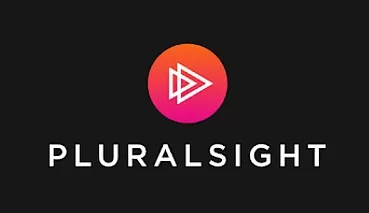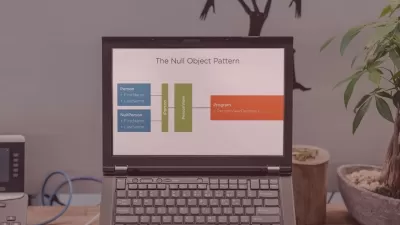SOLID Principles for C# Developers
Steve Smith
2:08:22
Description
Every C# developer, or any developer using an object-oriented programming language, needs a good understanding of the SOLID principles. These principles guide your design toward more loosely coupled and maintainable software.
What You'll Learn?
It's easy to write software that fulfills its users' immediate needs, but is difficult to extend and maintain. Such software becomes a burden for companies striving to remain competitive.
In this course, SOLID Principles for C# Developers, you will learn five fundamental principles of object-oriented design that will keep your software loosely coupled, testable, and maintainable.
First, you will see how to keep classes small and focused, and how to extend their behavior without having to edit their source code.
Then, you will discover the importance of properly designing interfaces and abstractions in your systems.
Finally, you will explore how to arrange dependencies in your system so different implementations can be added or plugged in as needed, allowing a truly modular design.
When you are finished with this course, you will understand how to build maintainable, extensible, and testable applications using C# and .NET.
More details
User Reviews
Rating
Steve Smith
Instructor's Courses
Pluralsight
View courses Pluralsight- language english
- Training sessions 33
- duration 2:08:22
- level preliminary
- Release Date 2023/10/11










